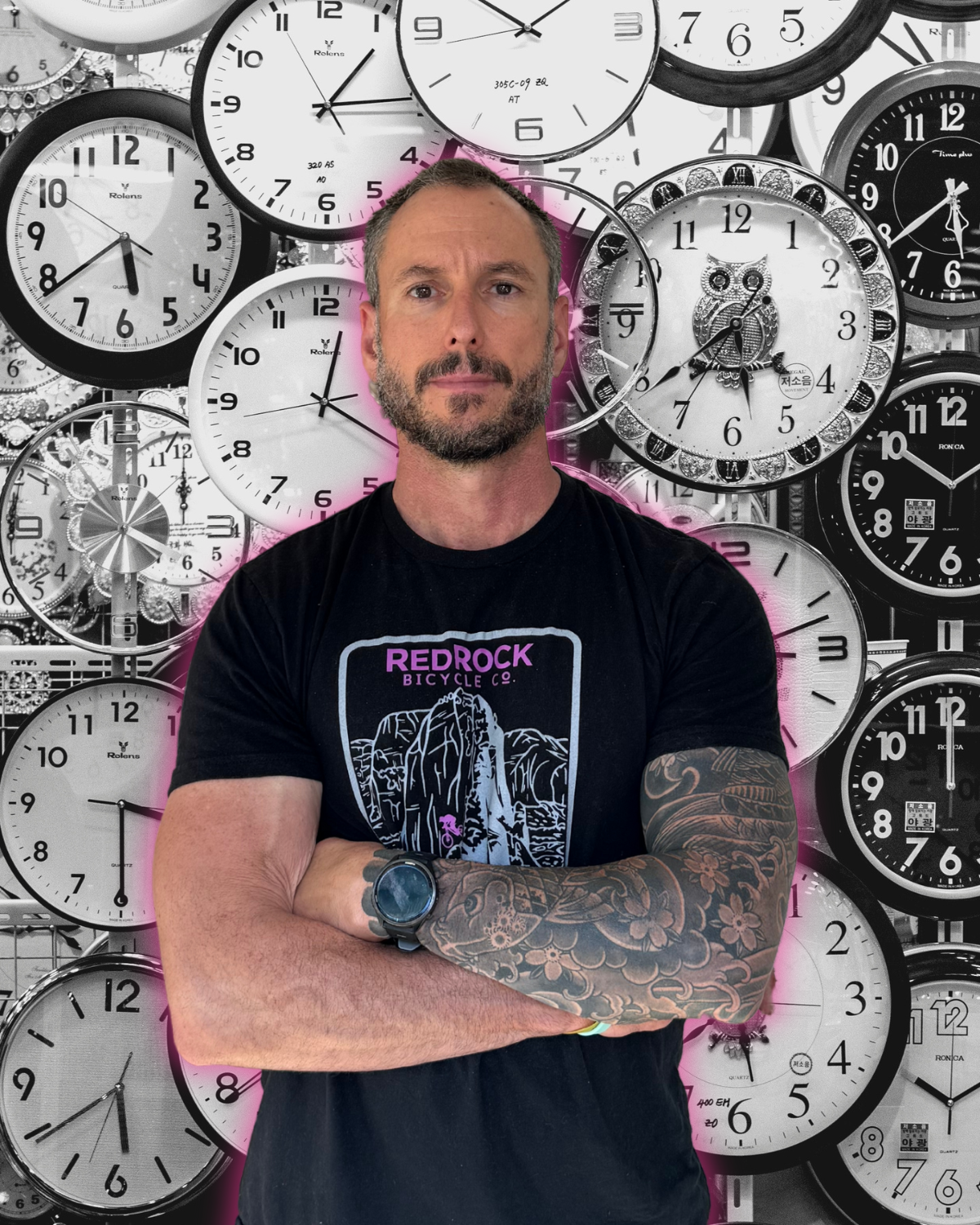Why Time Feels Faster as We Age, And What That Means for Product Teams
If you’ve ever felt like the years are flying by faster, you’re not imagining things. It turns out our perception of time is closely linked to how often we encounter new experiences, and for business leaders, that insight is more than a curiosity. In tech, marketing, and product development, routines can deaden creativity and decision-making. But by intentionally disrupting familiar workflows with novelty, leaders can slow time, spark innovation, and build more memorable and meaningful work environments.
The Science Behind Why Time Feels Faster
As we age, life tends to become more routine. In our younger years, everything is new, school, relationships, first jobs, and those new experiences light up the hippocampus, the part of our brain responsible for forming vivid, lasting memories. According to neuroscientist Dr. David Eagleman, novelty increases the brain's data processing, which stretches our perception of time. The more novel the experience, the longer and richer it feels.
In contrast, repetitive routines lead to fewer memory "anchors," causing weeks and months to blur. This same phenomenon impacts organizations, when teams run on autopilot, creativity stalls, and time starts slipping away unnoticed.
What This Means for Innovation Teams
If you're leading a product team, building a brand, or scaling a startup, monotony is the enemy of progress. Just as individuals can feel time speeding up when stuck in routines, businesses can stagnate without deliberate disruption. Injecting novelty isn’t just good for morale, it keeps your team cognitively sharp, engaged, and primed for breakthrough thinking.
Want help applying this to your product or strategy? We’re ready when you are → Let's get started.

